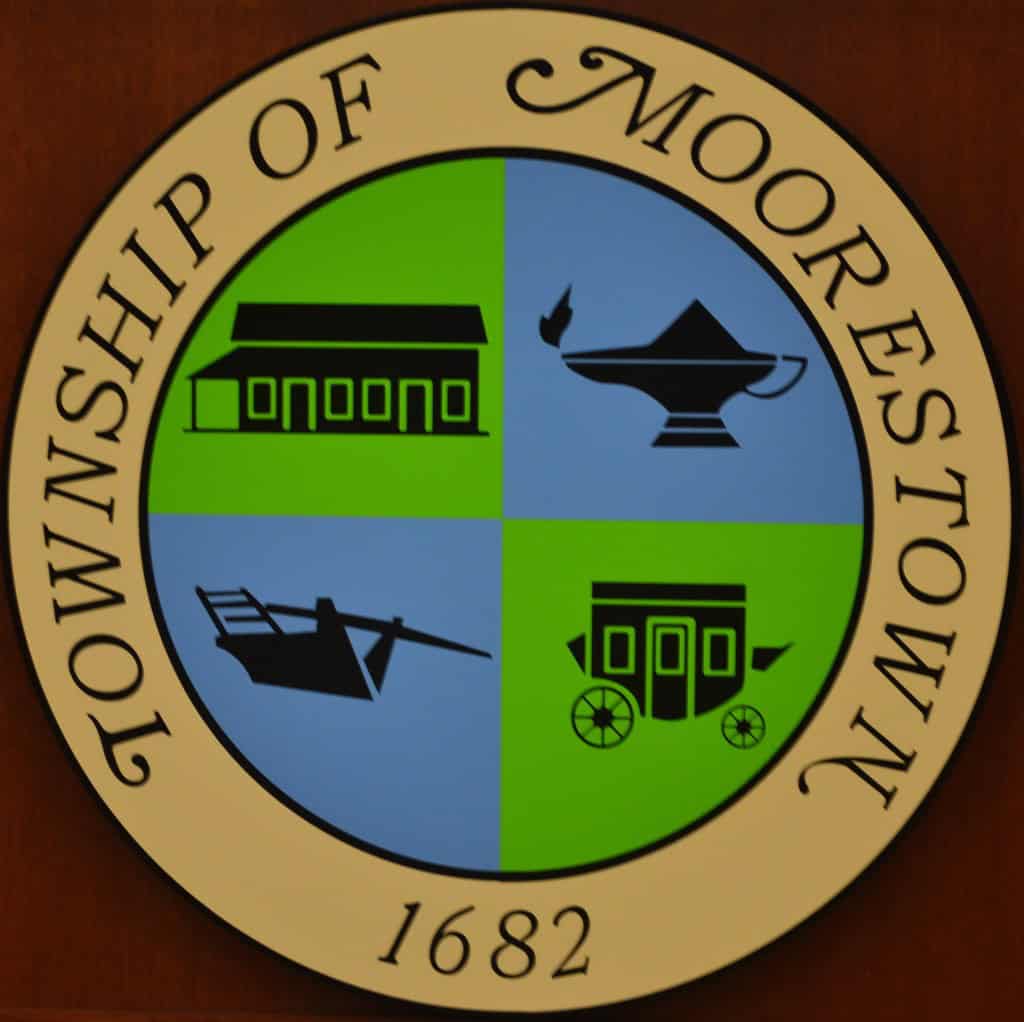
John Polkiewicz, the township’s Management Information Systems (MIS) coordinator, said when staff set up streaming services for council, they couldn’t have anticipated the ways in which the COVID would change the public’s reliance on virtual meetings.
“We were not prepared to do anything like this,” Polkiewicz said.
Council discussed how to improve its livestreaming services at its Feb. 22 meeting. As it stands, people have to call in to a teleconference and unmute their line to participate or make a comment.
The township currently utilizes Microsoft Teams to “meet.” The public can access a live feed of the meeting on the township’s website, where it is streamed using the Civic Clerk service.
As it stands, however, members of the public have written council to complain about audio issues, delays and the feed freezing. Council members questioned Polkiewicz at their meeting about some of the features of Microsoft Teams and if current technology would allow more virtual interfacing with the public.
Polkiewicz explained that much like Zoom, Microsoft Teams has a feature that enables the public to virtually “raise their hand,” and participants are put in a virtual queue. As it stands, the township is only using Microsoft Team’s teleconferencing feature to ensure maximum security.
Currently, only council and township staff log on to Microsoft Teams. Polkiewicz said if members of the public are also given access, the township risks having people disrupt the meeting.
Mayor Nicole Gillespie noted that Zoom has something called Webinar mode that separates people into different categories based on whether they’re a meeting panelist or attendee. Attendee access can be restricted to prevent a disruption at the meeting. Gillespie asked if Microsoft Teams has similar capabilities.
Polkiewicz responded that the program can adjust a current setting to allow participation by township staff and council, and people outside the organization would attend as “guests” with a different level of security access.
Councilman David Zipin questioned what risks — other than potential disruption or embarrassment via a “Zoom bombing” — there are if the meeting platform is switched to Zoom.
“Are we talking about risk being limited to just embarrassment?” Zipin asked.
Polkiewicz said in addition to disruption, another concern with Zoom is that participants can use the chat feature to send malicious links that could shut down meetings. He added that the free version of Zoom comes with inherent risks. Some of its source code is public so developers can create compatible apps, but the code also makes it easier for hackers to develop malicious apps and find the platform’s weaknesses.
Microsoft Teams, on the other hand, is proprietary software to Microsoft. Because the company doesn’t publicly release its code, and anyone who wants to create a compatible app has to go through a vetting process, the technology isn’t compromised with the same level of frequency, Polkiewicz noted.
He also said the free version of Zoom is not compatible with Gov. Phil Murphy’s regulations on public meetings. To use Zoom, participants would have to use the Webinar version, at a cost of about $1,600 a year, or the more secure version, Zoom for Government, at approximately $12,000 a year.
Township Manager Thomas Merchel said while Zoom may be more well known, Microsoft Teams is also a popular platform. He observed that both the NFL draft and the last season of “American Idol” utilized it.
Part of the issue that residents are running into is video freezing or delay. Polkiewicz said that has to do more with the town’s streaming service, Civic Clerk. He added that the platform was not designed to operate at the bandwidth required by COVID.
If Civic Clerk’s streaming continues to pose an issue, council could switch to Microsoft’s streaming service, but would forgo the interactive aspects of Civic Clerk that allow residents to follow the agenda and clink on links to relevant documents.
Gillespie suggested that before switching platforms, council should try allowing the public to participate through Microsoft Team’s raise-hand function at its next meeting. The rest of the council agreed.
Councilman Jake Van Dyken said whatever platform is used, he’d like to see and hear participants. He wants to get as close to mirroring in person meetings as possible and would like to see participants asking questions.
“I’d like to get to know them, [to] put a face to a voice,” Van Dyken said.









